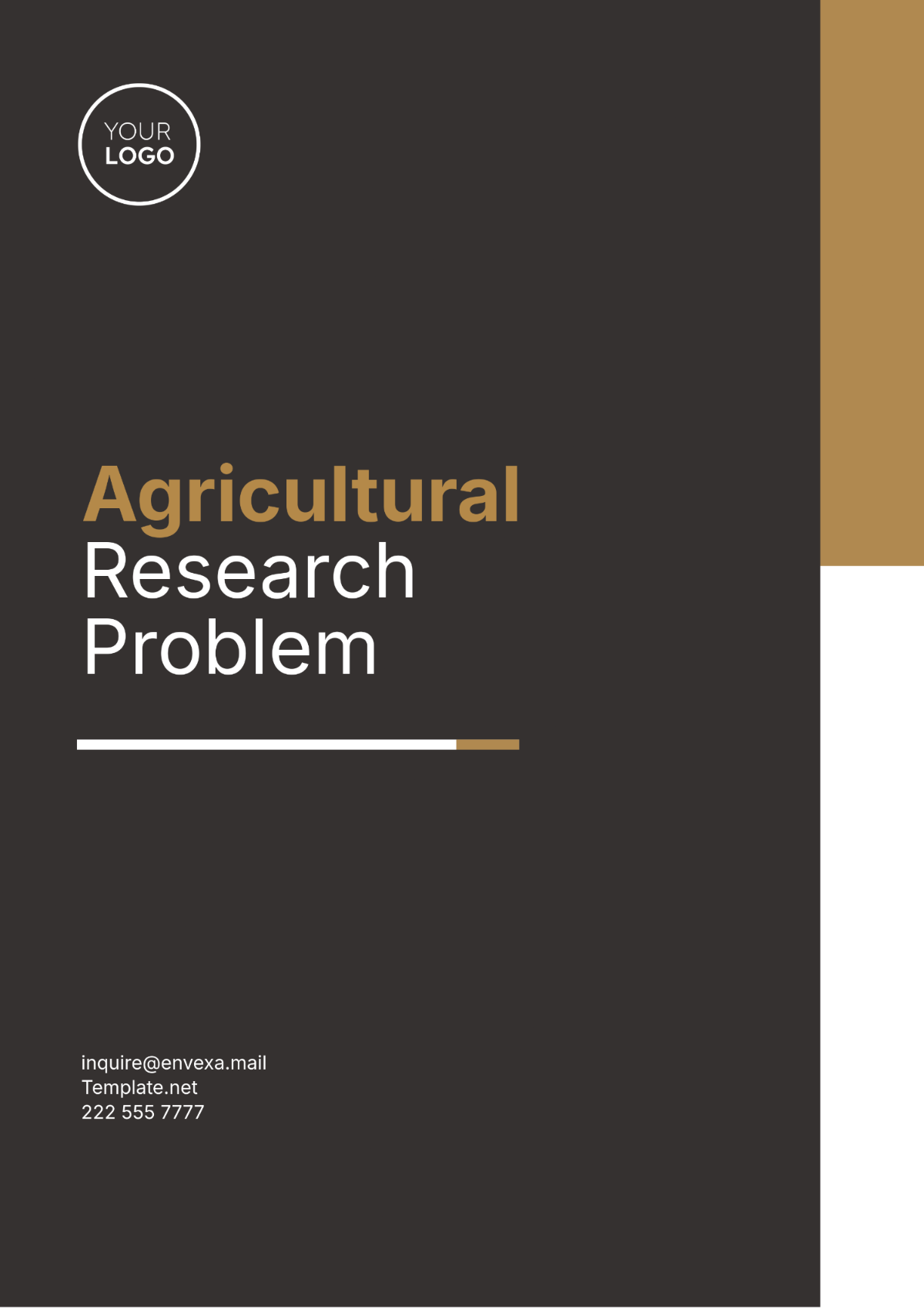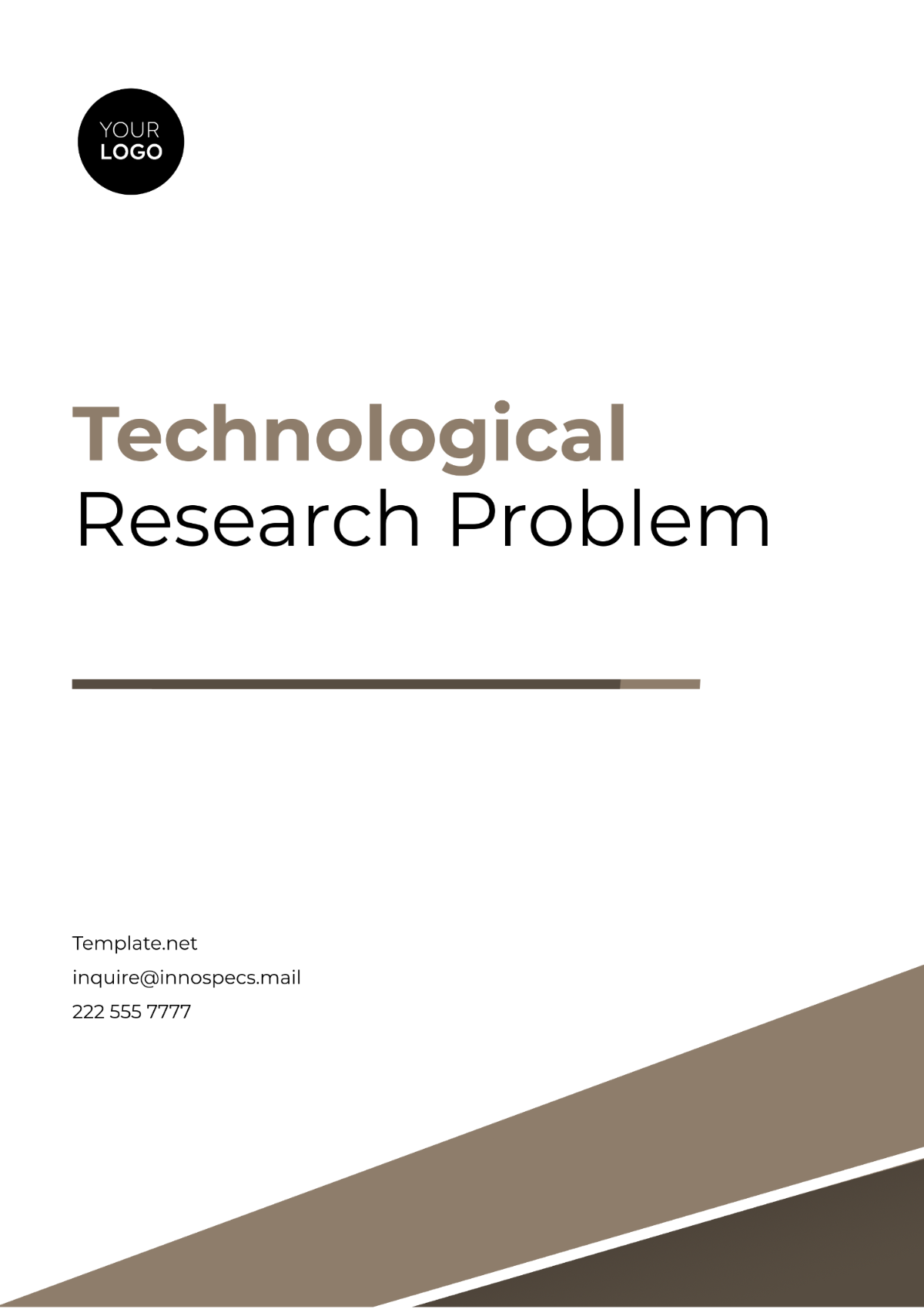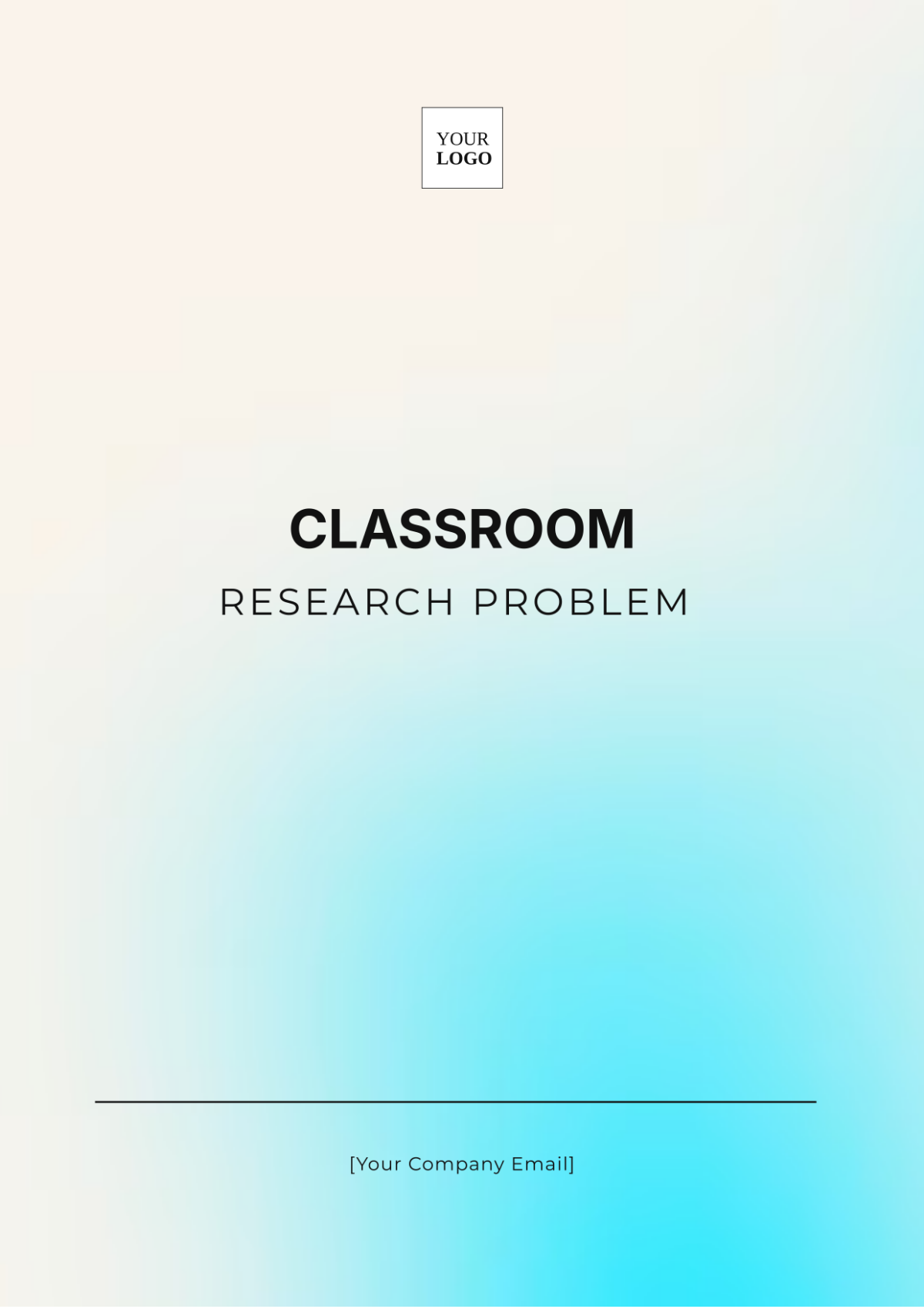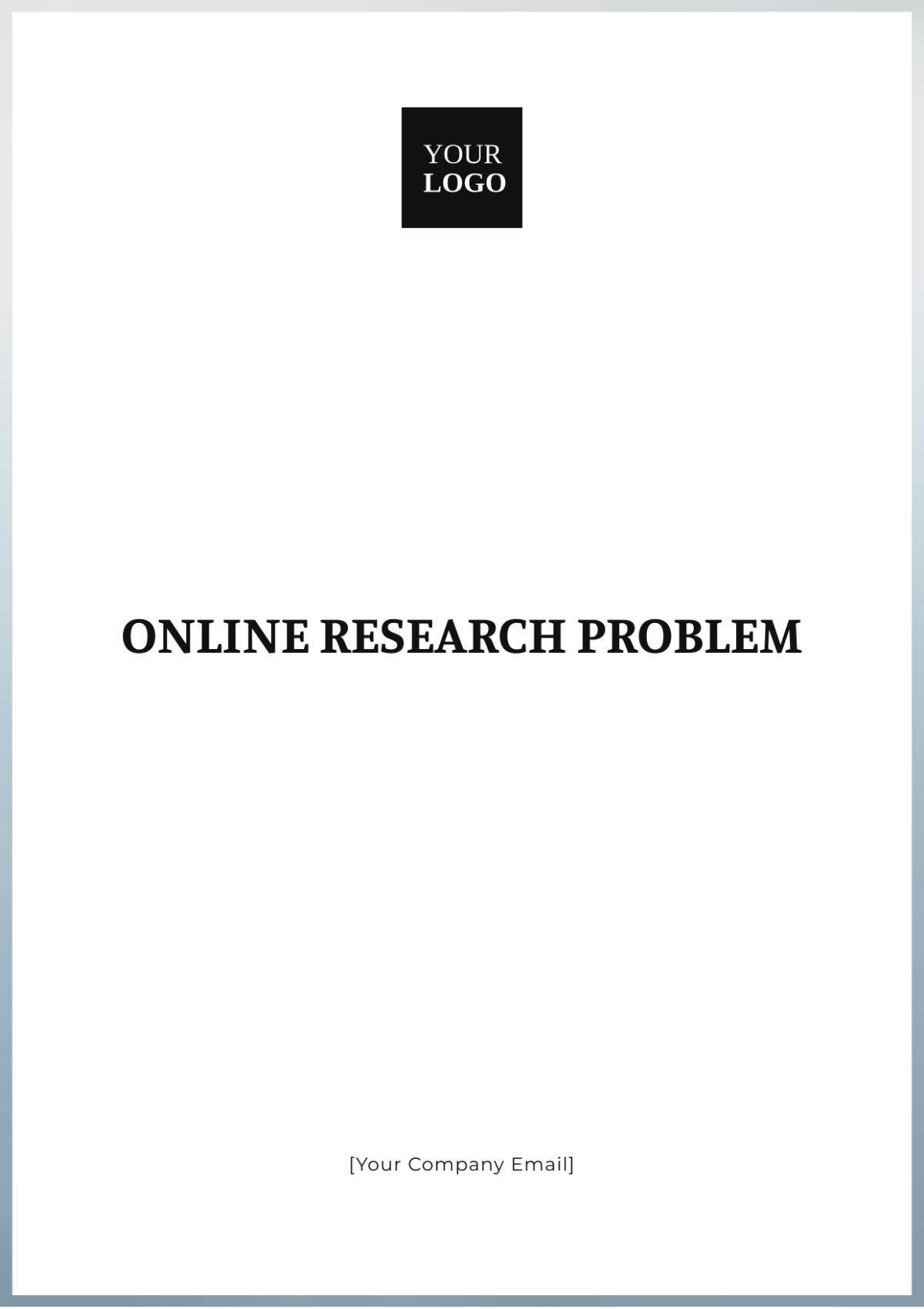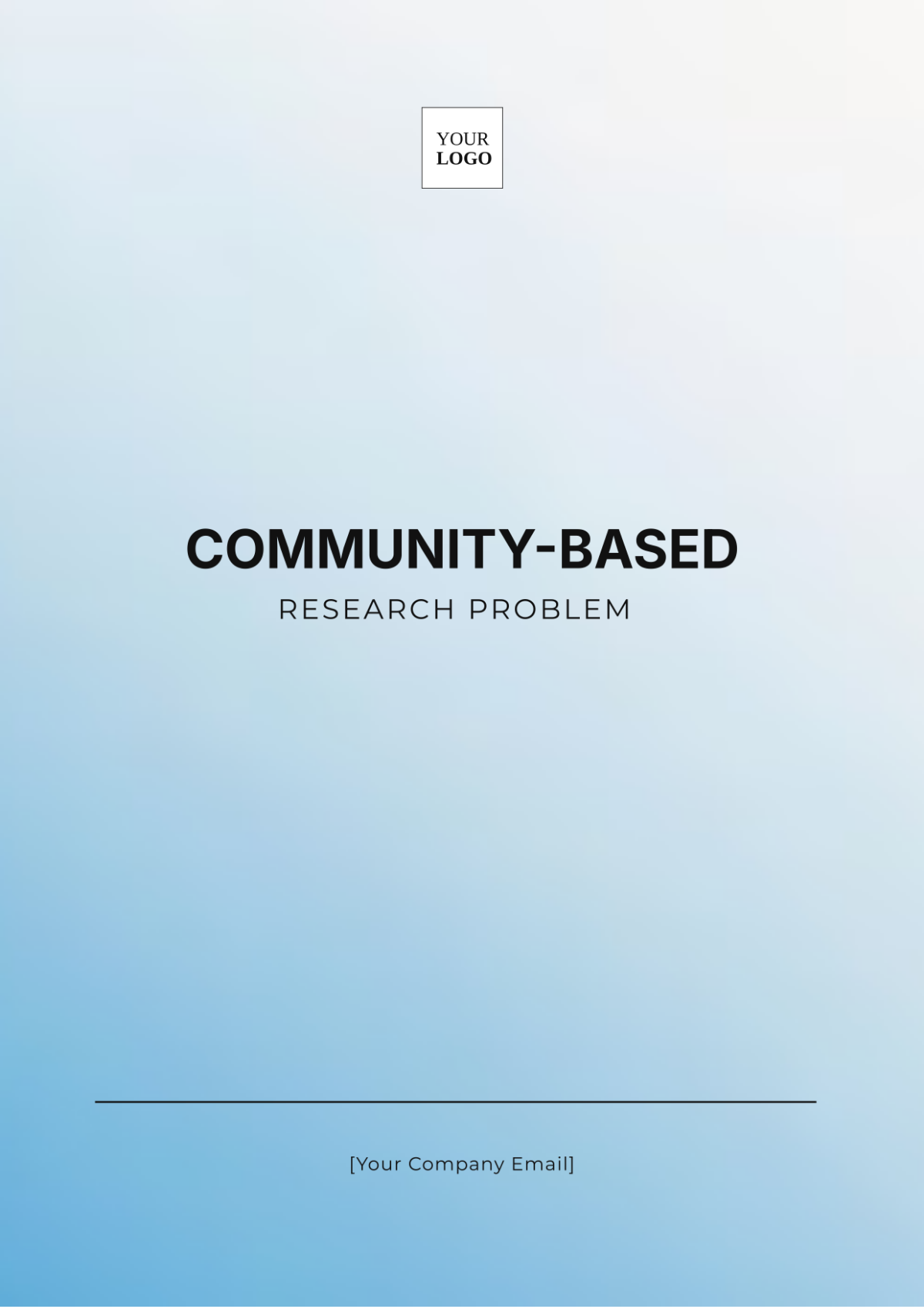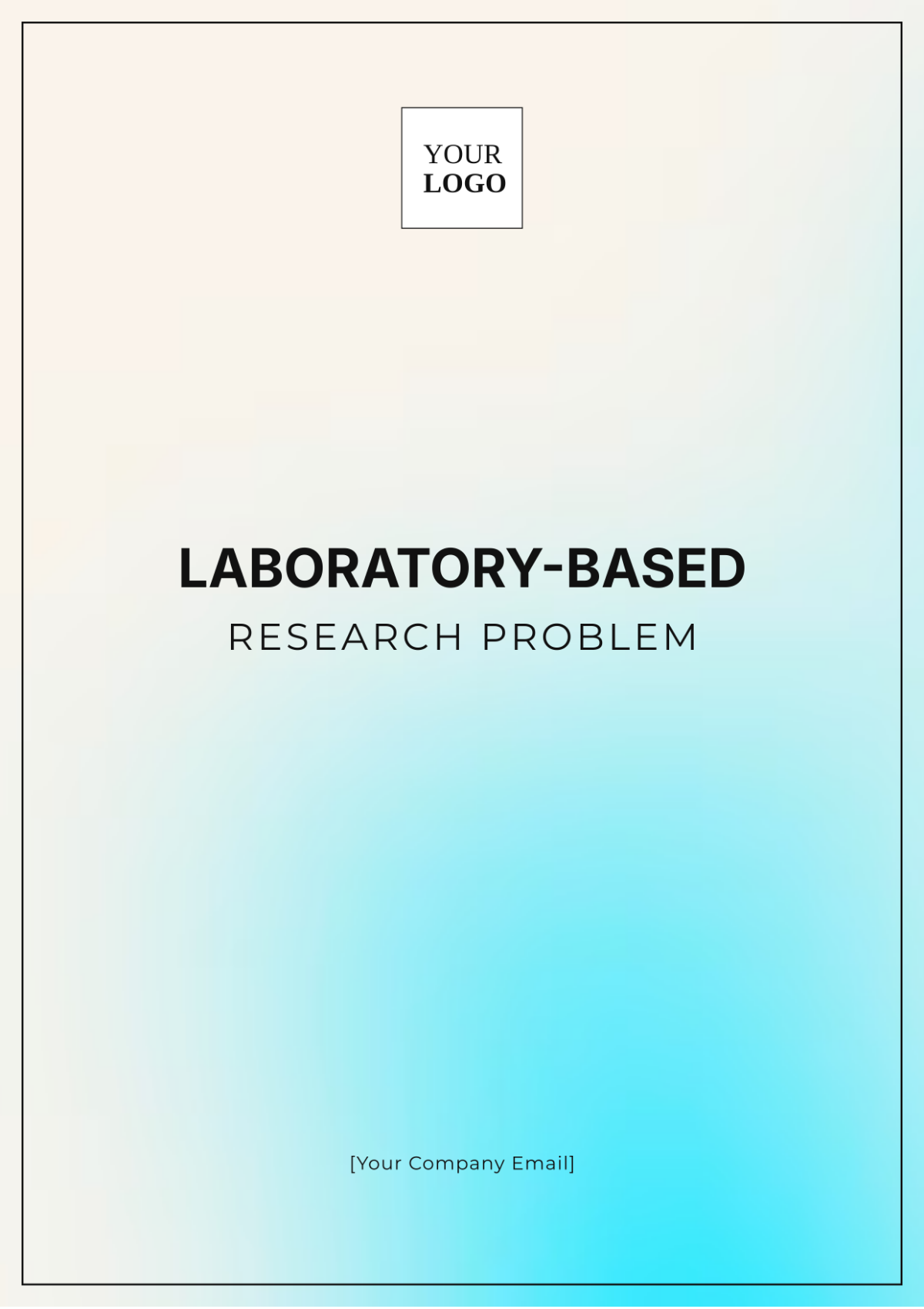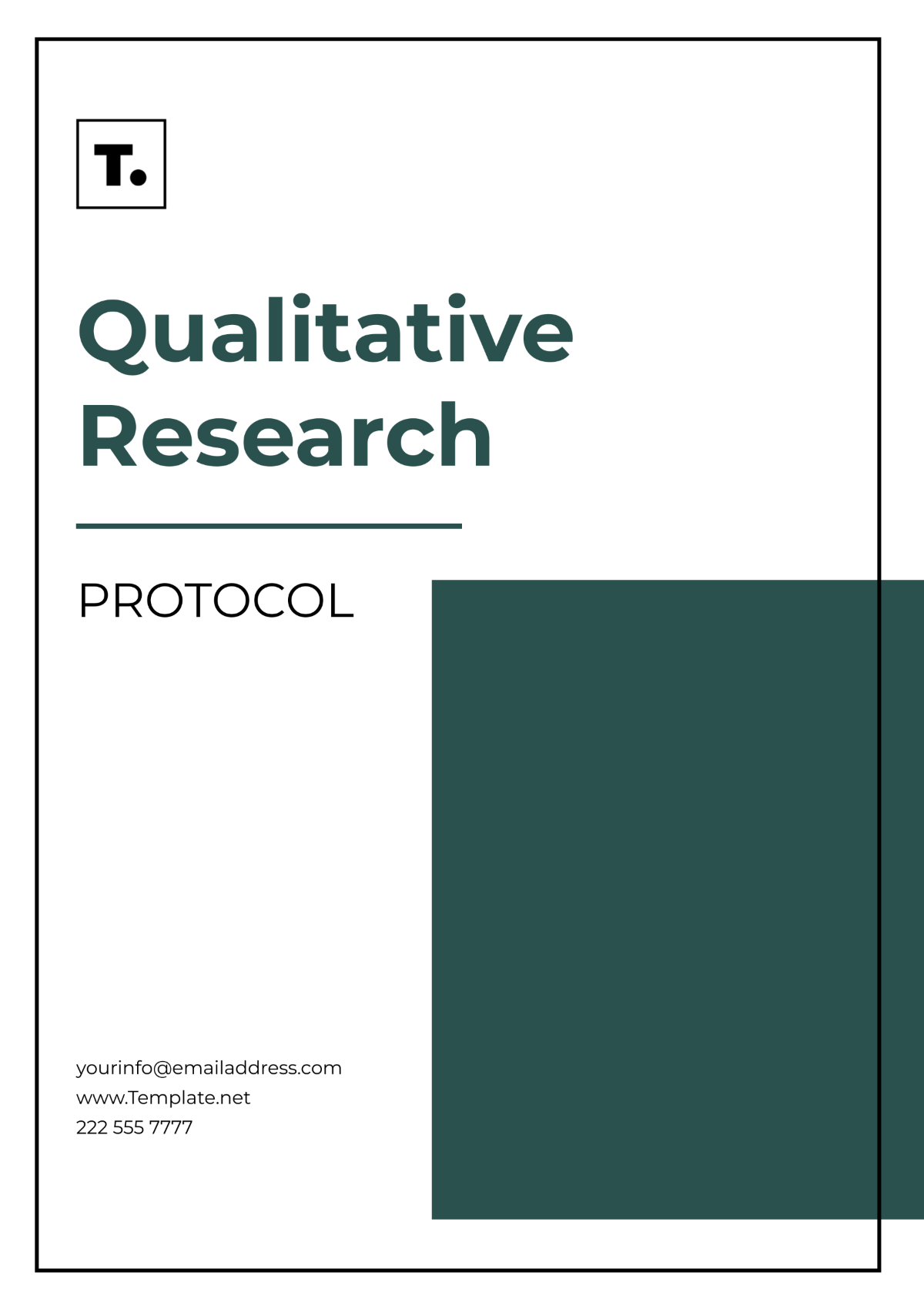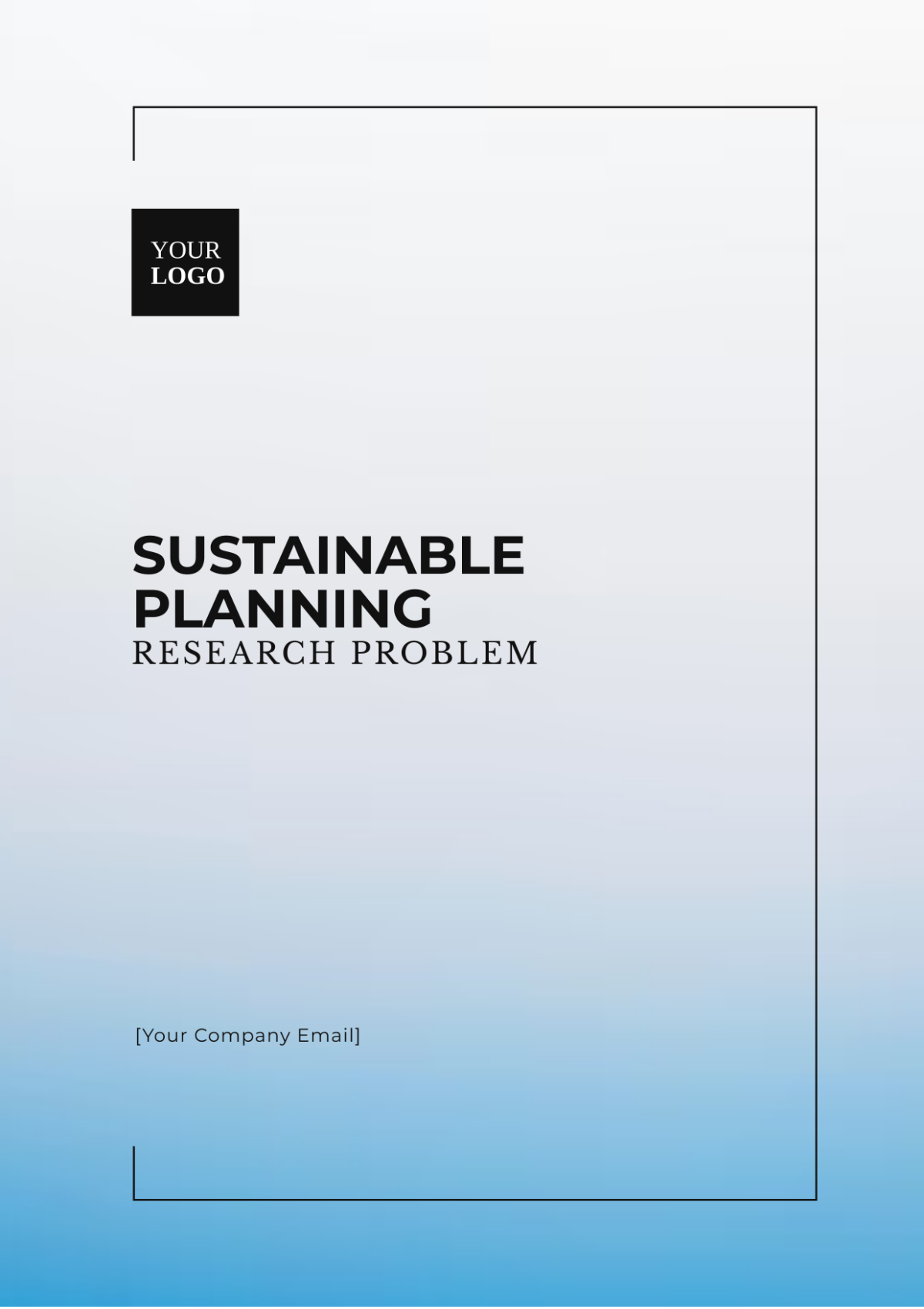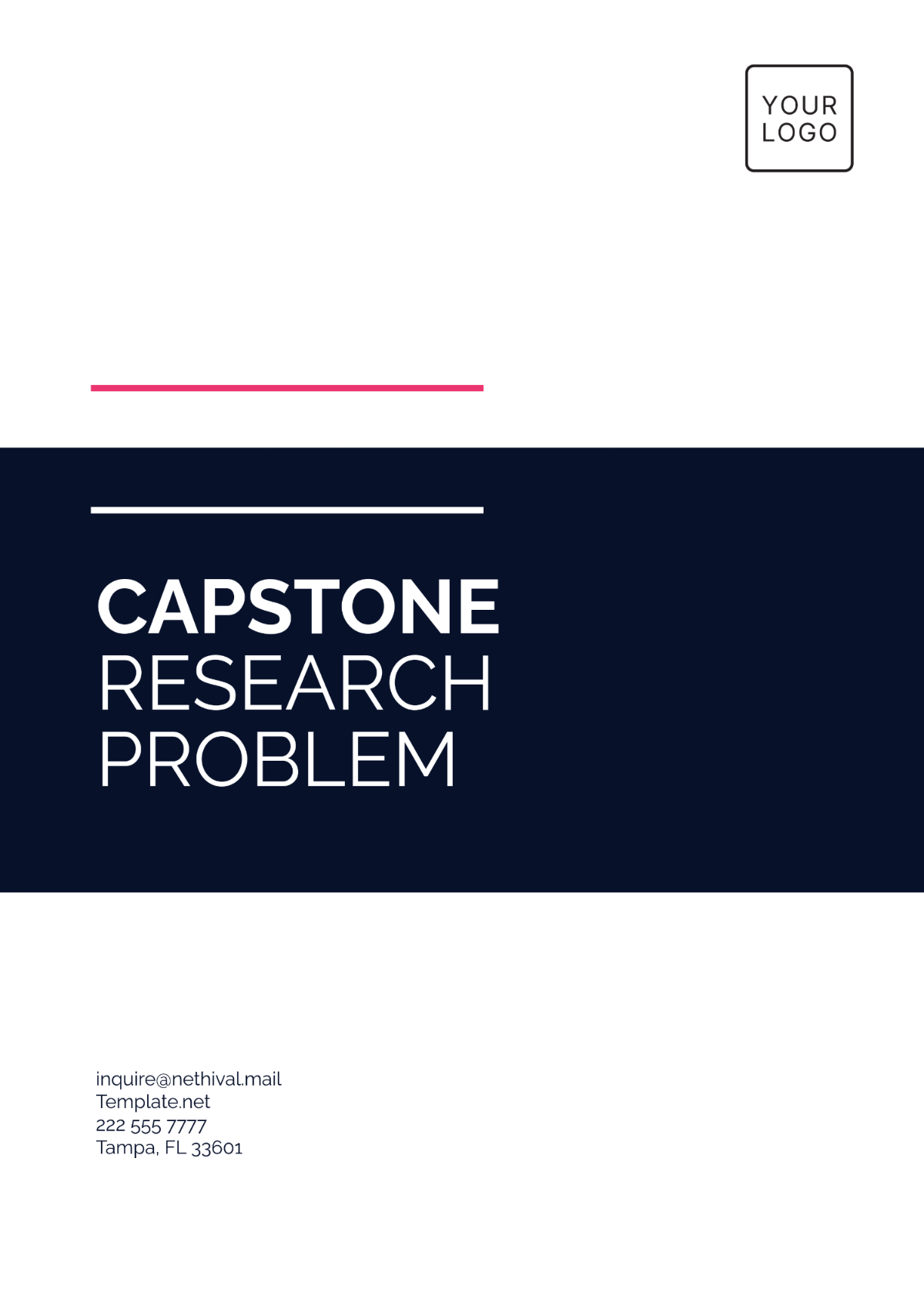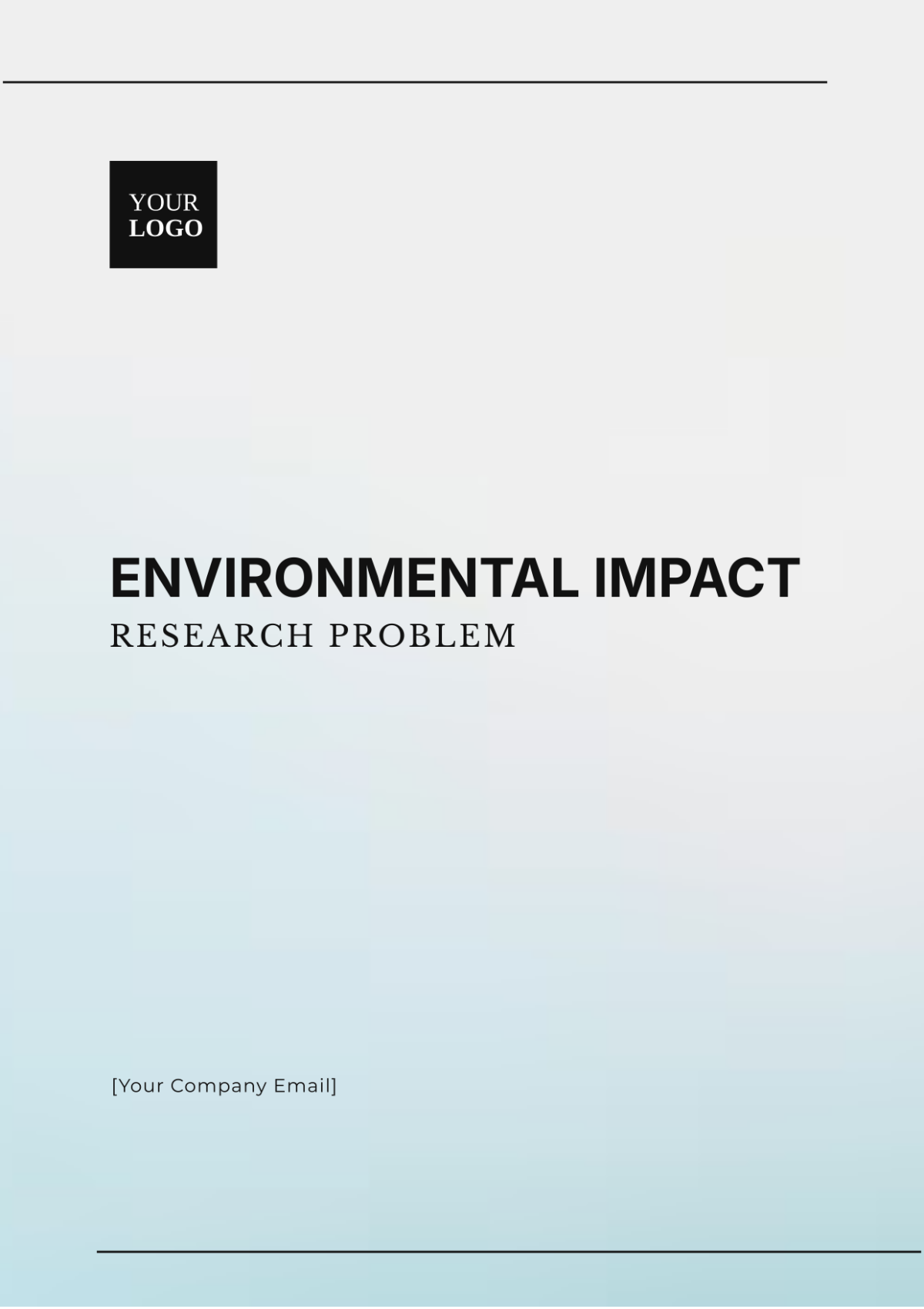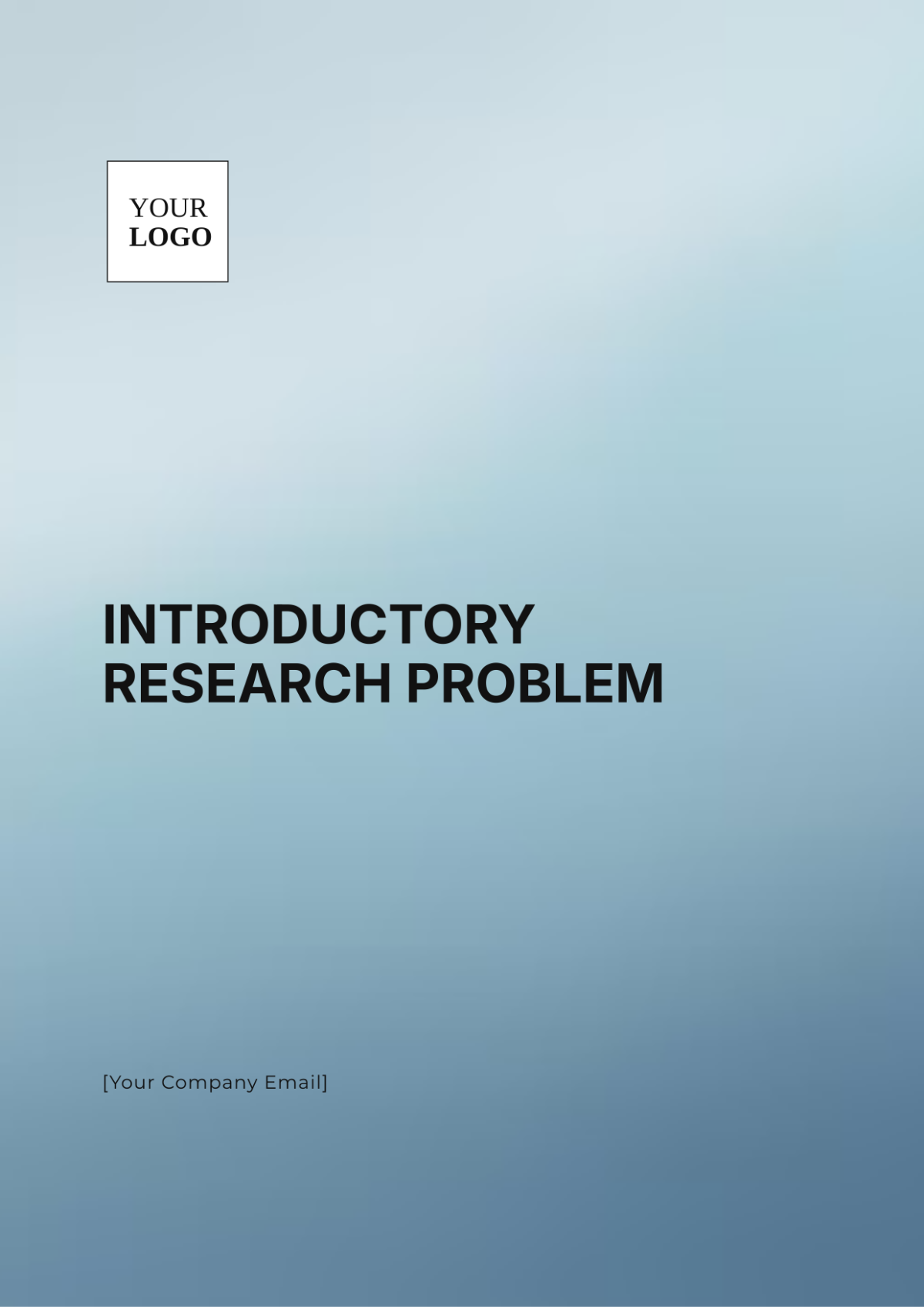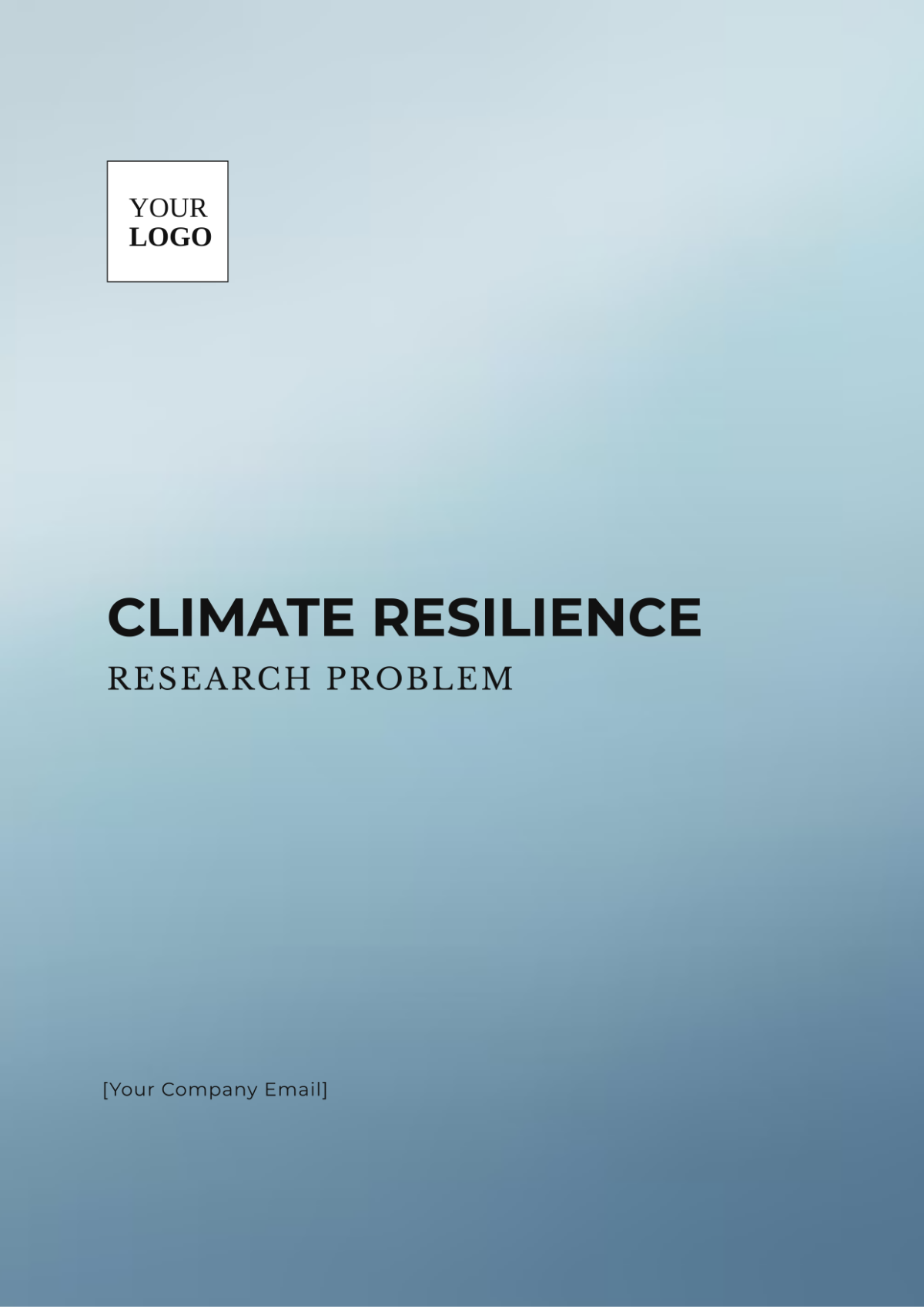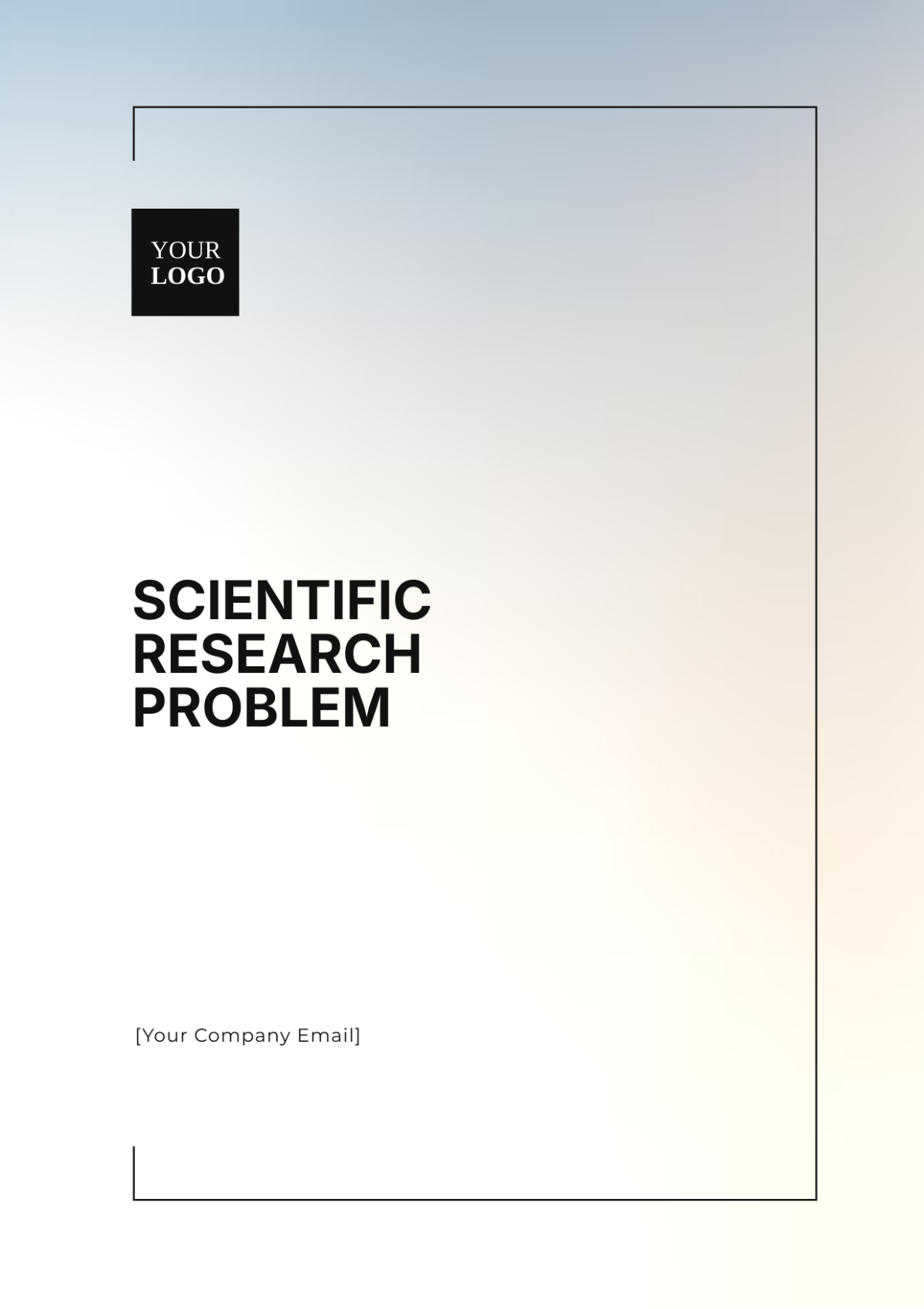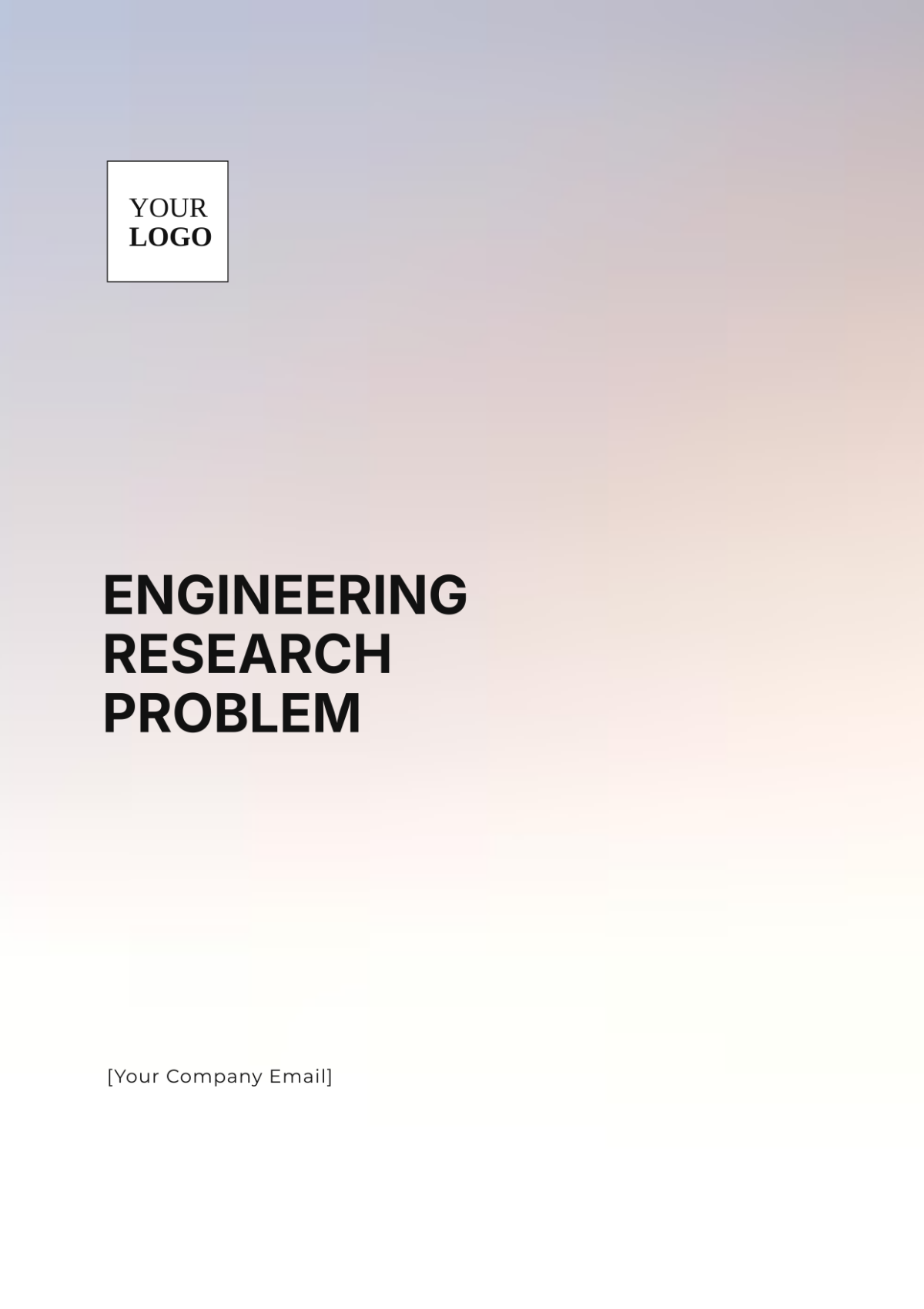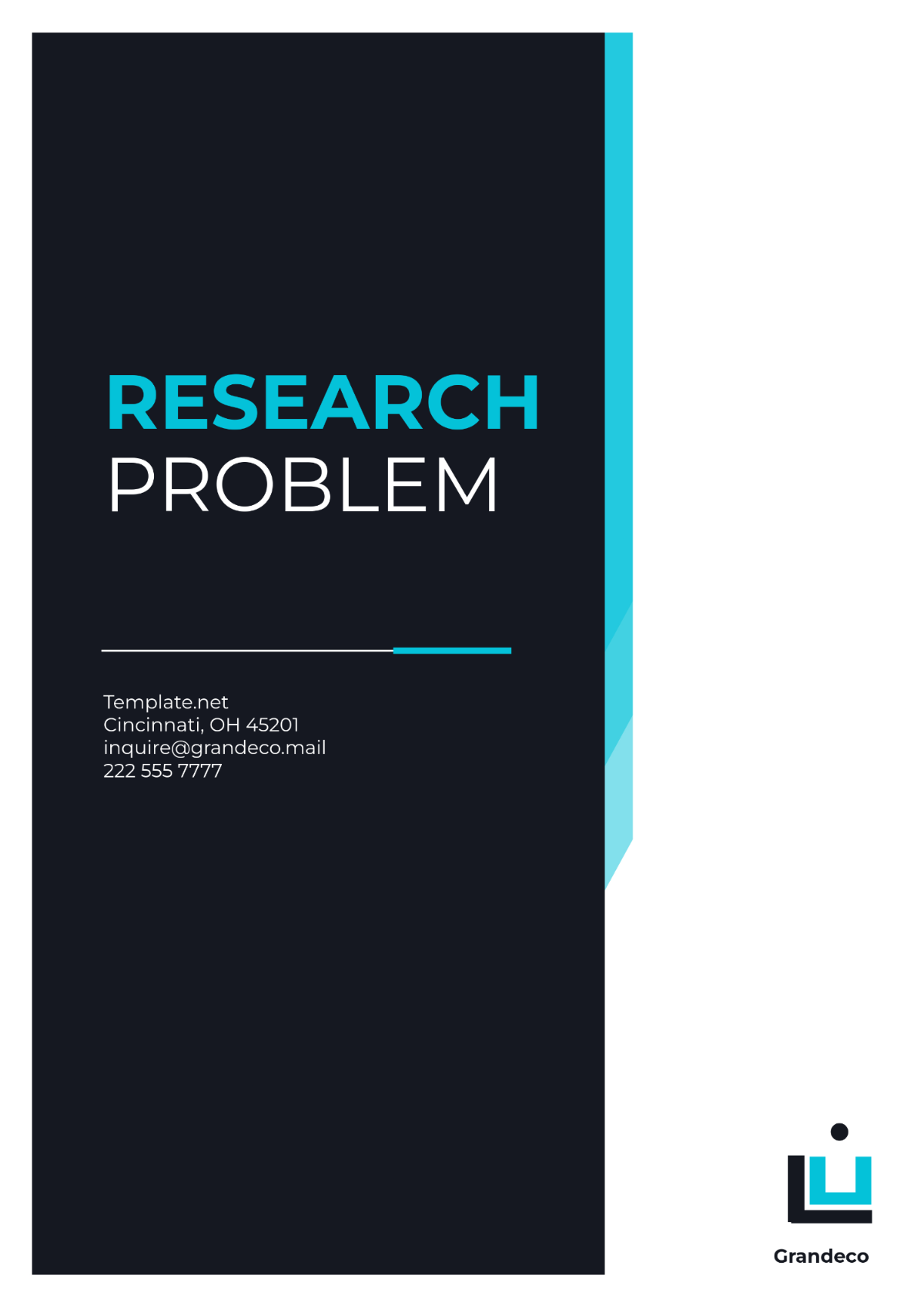Research Guide
I. Introduction
Welcome to the [RESEARCH GUIDE ], designed to assist you in conducting thorough and effective research. Whether you're a student, academic, or professional researcher, this guide will provide you with a structured approach to gathering, analyzing, and presenting information.
II. Planning Your Research
A. Define Your Objectives
Clearly outline the purpose and goals of your [RESEARCH PROJECT].
Identify the key questions you seek to answer.
Determine the scope and boundaries of your [RESEARCH TOPIC].
B. Develop a Research Plan
Create a timeline with milestones for each stage of the [RESEARCH PROCESS].
Allocate resources and set aside dedicated time for conducting [RESEARCH TASKS].
Consider any ethical considerations or legal requirements related to your [RESEARCH].
III. Gathering Information
A. Identify Sources
Explore a variety of sources including [BOOKS], [ACADEMIC JOURNALS], websites, and databases.
Evaluate the credibility and reliability of each [SOURCE] before incorporating it into your research.
B. Conduct Literature Review
Summarize existing research relevant to your [RESEARCH TOPIC].
Analyze and synthesize the findings from various sources to identify trends, gaps, and areas for further investigation.
IV. Data Collection and Analysis
A. Choose Research Methods
Select appropriate research methods such as [SURVEYS], interviews, experiments, or observational studies.
Develop data collection instruments and protocols tailored to your research objectives.
B. Collect Data
Implement your chosen research methods and collect data according to your [RESEARCH PLAN].
Ensure accuracy and consistency in data collection procedures.
C. Analyze Data
Organize and analyze the collected data using statistical techniques, qualitative analysis, or other appropriate methods.
Interpret the findings to draw meaningful conclusions and insights.
V. Reporting and Presentation
A. Structure Your Report
Outline the structure of your research report, including sections such as introduction, methodology, findings, and conclusion.
Follow any formatting guidelines or requirements specified by your [INSTITUTION] or publisher.
B. Present Findings
Create visual aids such as charts, graphs, and tables to present your findings effectively.
Prepare a clear and concise summary of your research for presentations or publications.
VI. Review and Revision
A. Review Your Research
Review your research findings and analysis to ensure accuracy and coherence.
Seek feedback from peers, mentors, or colleagues to identify areas for improvement.
B. Revise Your Report
Make revisions based on feedback and further reflection on your research process and findings.
Edit your report for clarity, coherence, and adherence to formatting guidelines.
VII. Conclusion
Congratulations! You have completed the [RESEARCH GUIDE] and are well-equipped to embark on your research journey. Remember to approach your research with curiosity, rigor, and integrity to produce meaningful contributions to your field of study.
















